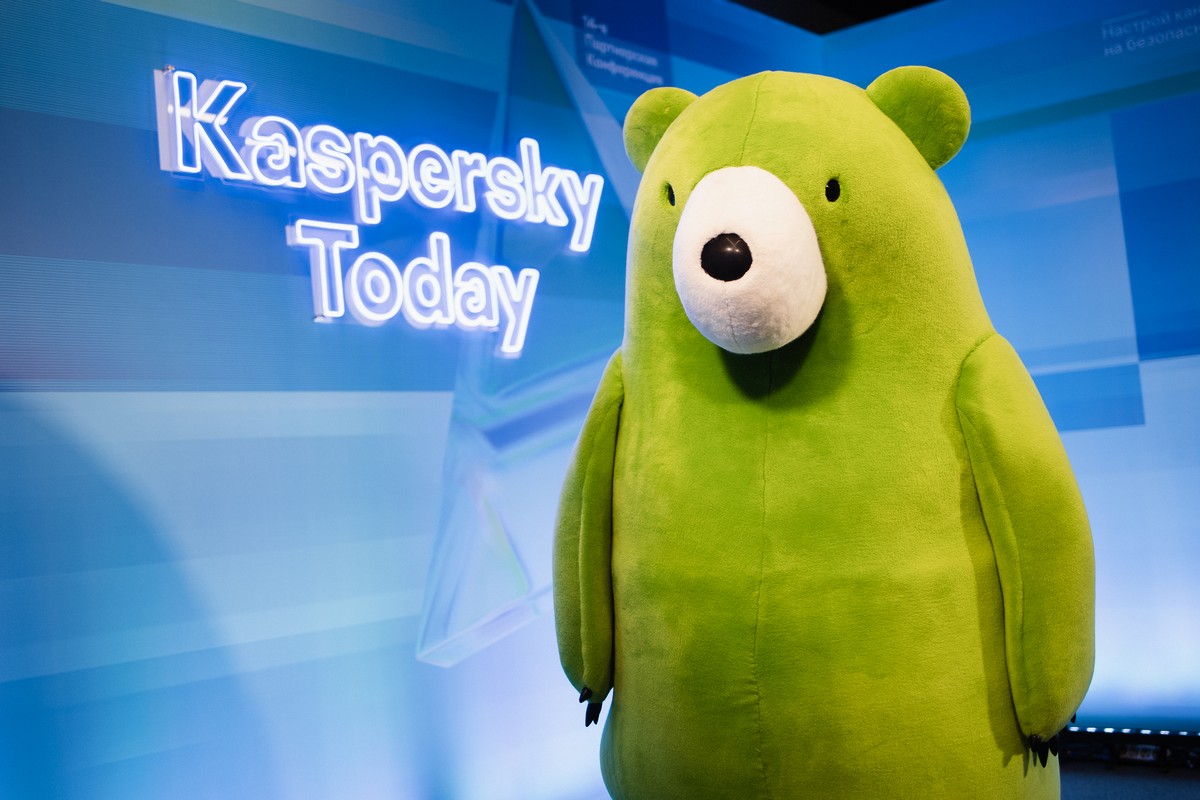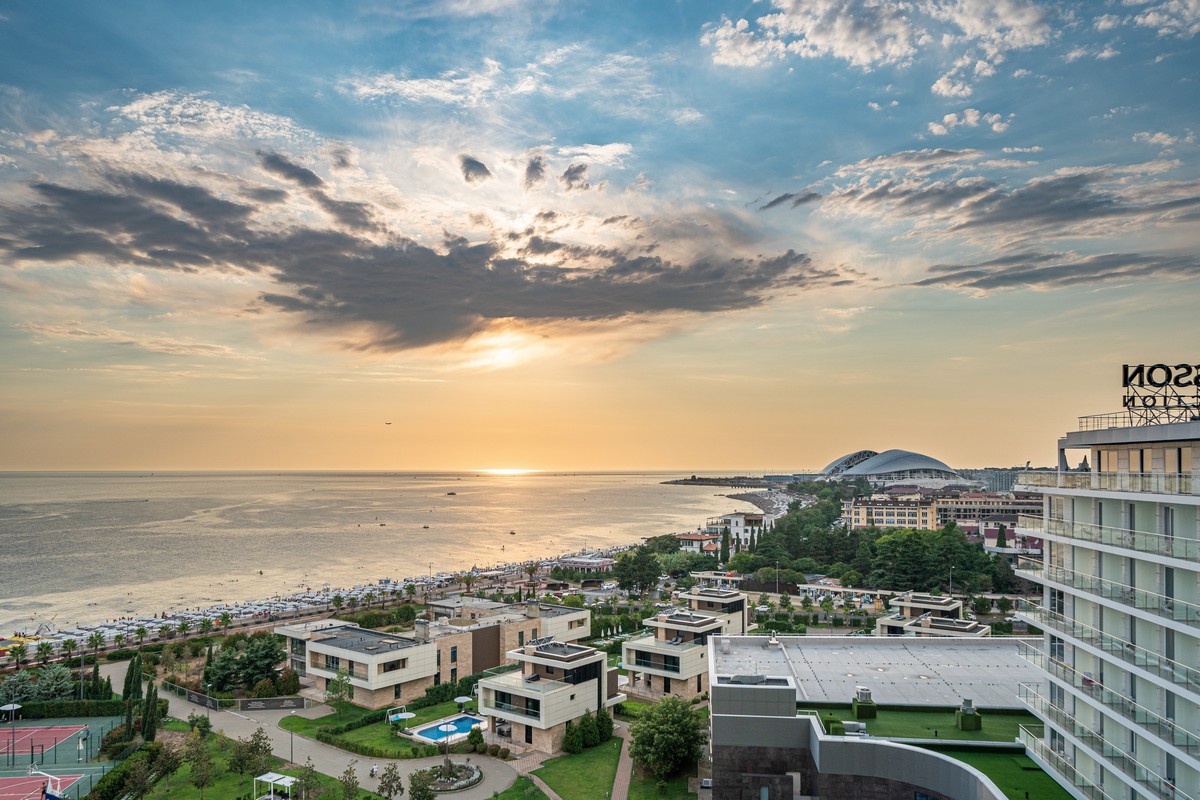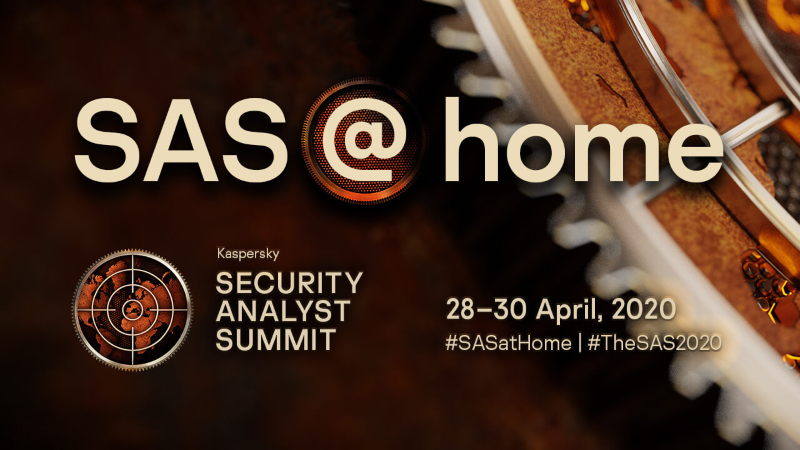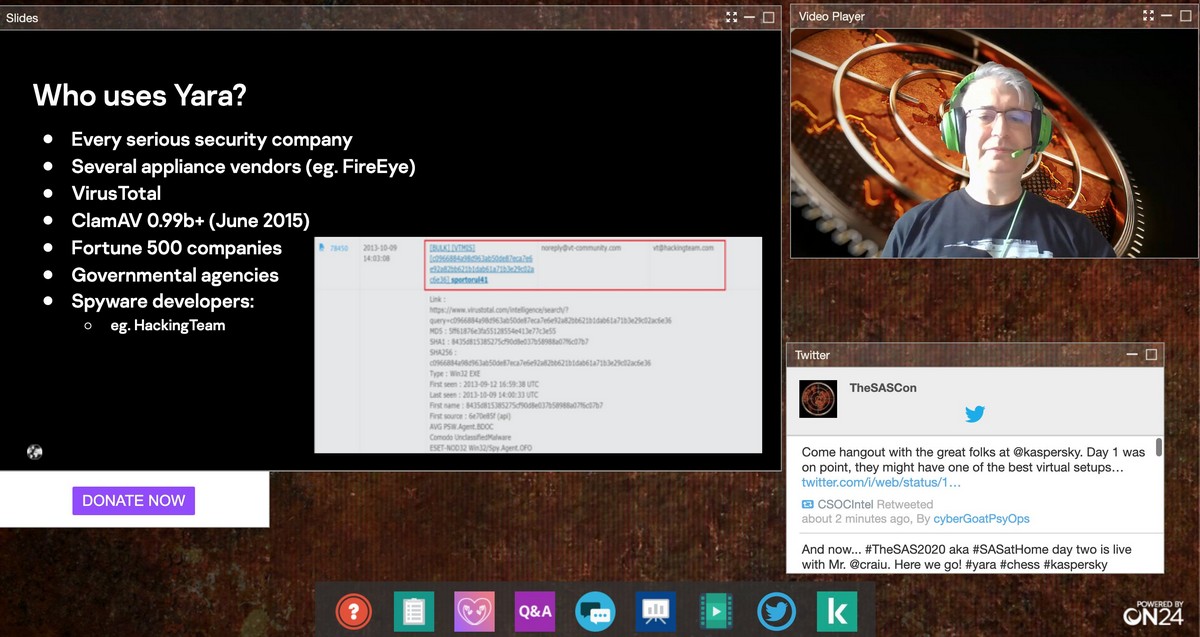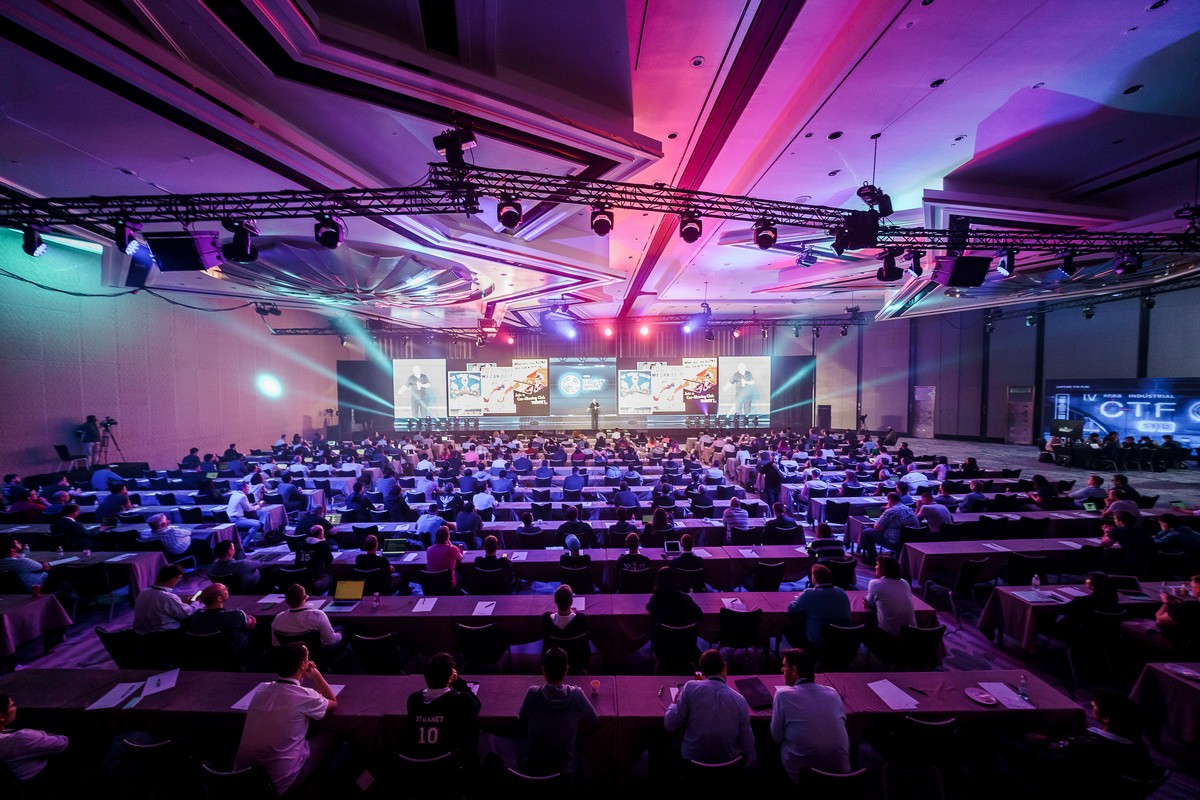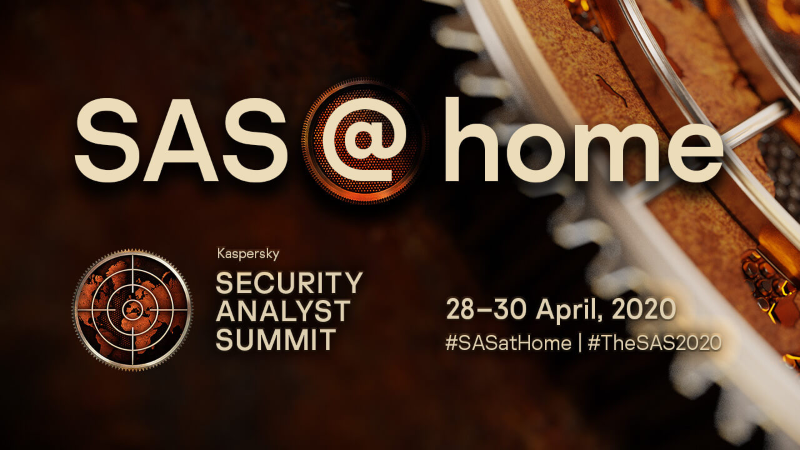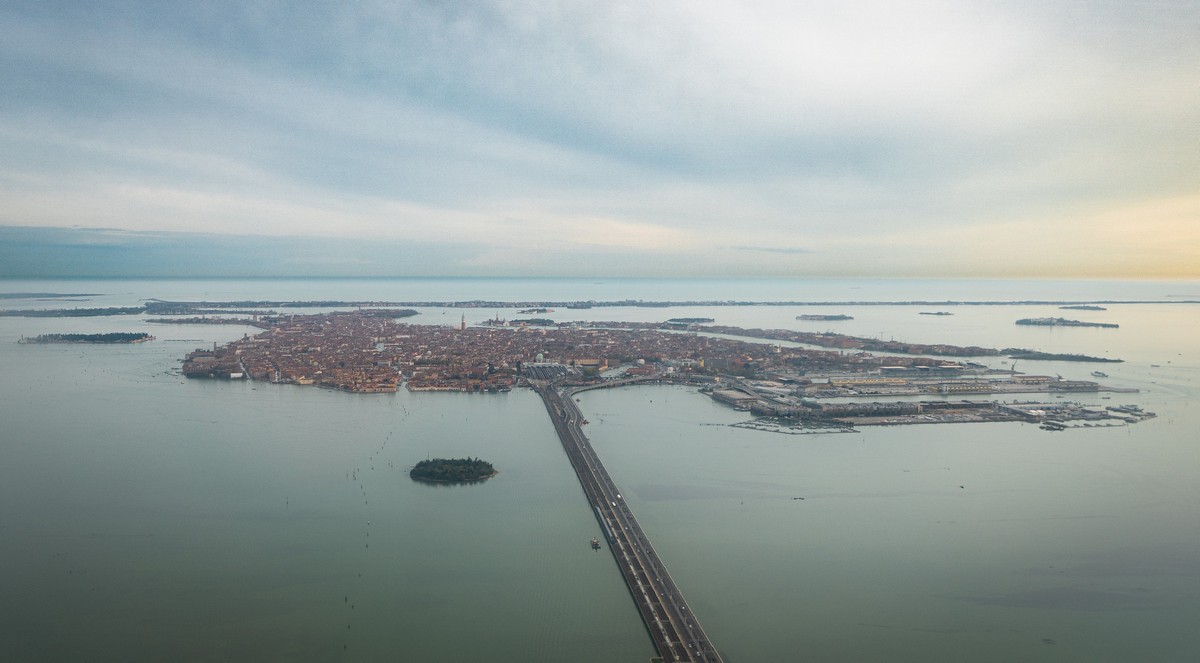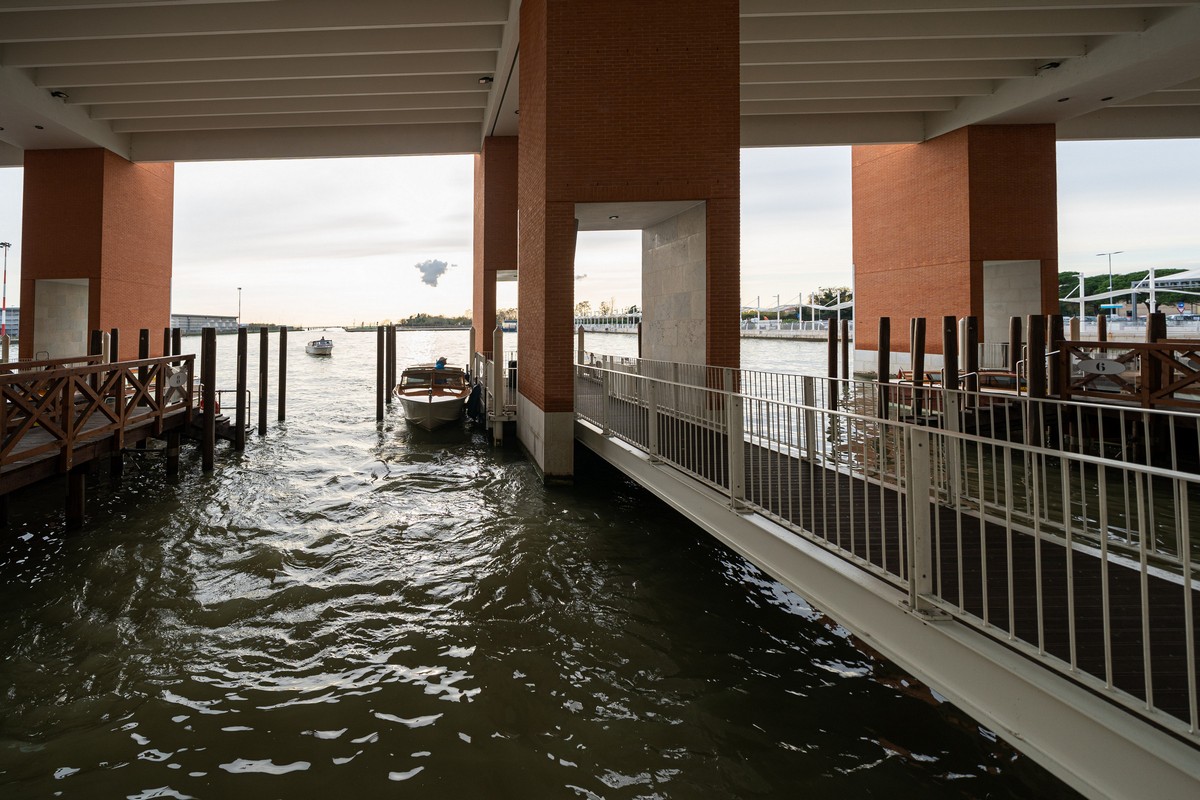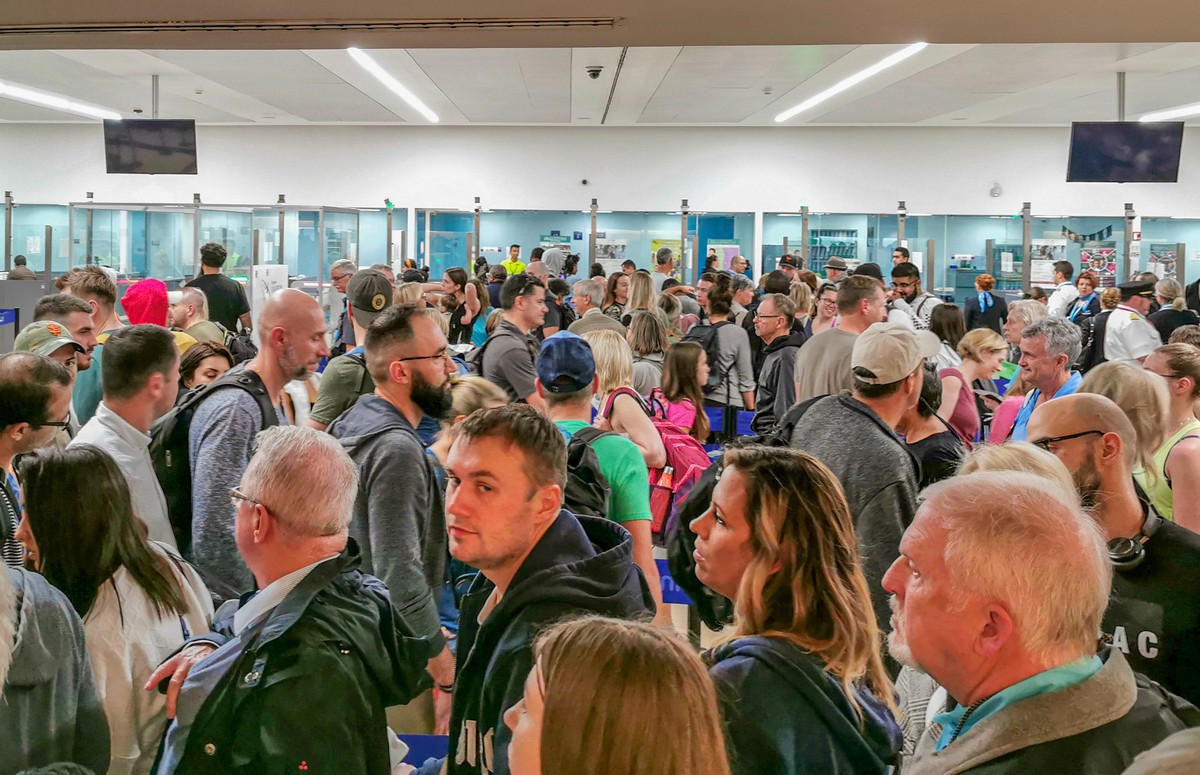October 19, 2020
Zen and the Art of Partner-Contact Maintenance.
Just when things were starting to look up, it seems there’s a second wave of that ******* (censored) virus washing over the world. In Moscow the Mayor is gently (for now) pushing businesses to have their workers stay at home, schools are preparing for Zoombie Zoom lessons again, and our HQ is still practically empty (especially R&D). So it looks like we’ll rarely be going out, and when we do – carrying on donning the masks and gloves, maintaining the social distancing, and fist-bumping nodding our greetings, at least during the fall and the winter. Hmmm: which is best – corona during summer, or winter? That’s a tricky one. But I’d best not dwell: it hardly helps ).
‘One day, we’ll look back on 2020, and hardly believe it happened!’ Probably. Hopefully. Surely?…
We’ll be stunned by how it put the whole world swiftly ‘on its ass’, and all the awful effects it had on humanity. However, here, today – since I’m always one to see the glass as half-full rather than half-empty – I’m going to concentrate on some of the positive that’s coming out of the corona pandemic – at least from the point of view of a company like ours. There are the new skills and new capabilities we’ve had to forge while working from home and given closed borders while being a global company. For seven months already no one’s been flying hardly anywhere. Our offices are mostly empty. And we haven’t been having our conferences and dinners and fun with our partners and customers. But still the business is getting done – and done so well in fact that targets are being exceeded! So, like, how? Here’s how…
1. R&D. Practically everyone’s working from home! And working better than before – if judging by (i) the increased speed of the introduction of new functionality in our products; (ii) the increased speed of reworking code; and (iii) the efficiency of our development having grown by 15%. Woah! Keep a look out for announcements of our new products, especially the enterprise and industrial control systems ones. Some K-folks (not many) are back in the office, mostly because as yet the ‘digital economy’ isn’t quite fully digital yet: many a manual signature is still needed on many a form and other bit of paper, alas. Otherwise they’d all be ‘at the dacha’ too!
2. GReAT and Threat Research experts are all working remotely, enabled by our AI humachine intelligence, which automatically catches 99.999% of our daily malware haul; i.e., a huge bunch of suspicious files that we receive from all sorts of different sources, but mostly from our cloud-based KSN; therefore, a huge thanks to all our users who are plugged into our cloud! With your help we’re shoulder to shoulder with our users creating bulletproof cyber-protection from all breeds of modern-day cyber-weaponry. What’s more, we’re doing so constantly, automatically, and online.
Btw: every day our haul amounts to literally millions of files (all different kinds, including much garbage), from which we pick out around 400,000 (four hundred thousand!) new maliciousnesses daily. Like – every day! Like, even today! And given the bio-virus quarantine conditions all around the world, it’s a good job we do catch them since most of us much are spending a lot more time online than a year ago.
3. Interaction with partners and customers. This is the most interesting. With unabashed pride in our company and our K-team, I can announce: we were able to turn the difficulties of today’s coronavirus period to good use and in our favor! We didn’t simply learn how to work effectively with our partners and customers online, but we managed to do that work even better than before! So, we don’t only save the world from cyber-pandemics, we also turn evil into good ).
These days we now do practically everything online: meetings, discussions, learning, presentations – and even remote installation and servicing of our products, including our industrial line. I’d say here that we really have shone here, or as, Tina Turner once sang, we’re ‘simply the best’, but I won’t: don’t want to jinx our ongoing online mega-successes! And as a practical example of our mega online-ism I want to tell you about our annual conference for resellers from Russia and FSU Russian-speaking countries.
// Brief nostalgia: our very first conference for Russian resellers was held way back in 2007, not far from Moscow. Since then they (the conferences!) have ‘spread their wings’ somewhat, having taken place in: Montenegro, Jordan, Georgia, Turkey, the UAE, Oman… They’ve always been great, and always been in fun, hot locations. Now, of course, such sunny locations abroad are mostly out of the question. So we decided this time to have the event in Moscow, and make it a ‘hybrid’ online-offline conference (similar to the one we had in September in Sochi).
Here’s the recipe for preparing for a business show (in this case – for our resellers, but it can be used for other conference-shows) in COVID-19-era conditions. Ingredients:
- A minimum of physically-present participants;
- Maximum information;
- Teamwork;
- A professional technical (filming, etc.) team for online broadcasting;
- Midori Kuma!
Objectives:
- Bring to the event as many professional audience members and participants as possible, including an online audience;
- Deliver the message that the remote work due to the coronavirus didn’t have a negative impact on the business, it’s rather made us learn how to operate under new conditions and we’ve managed to increase the effectiveness;
- Engage our partner-resellers with something new and helpful that can help them (a) develop their own business, and (b) give their customers better quality services. Basically – a ‘talk-show’ for a mass audience.
So there you have it: the recipe for success. Wait. Something’s missing. Ah yes. Photos!…
